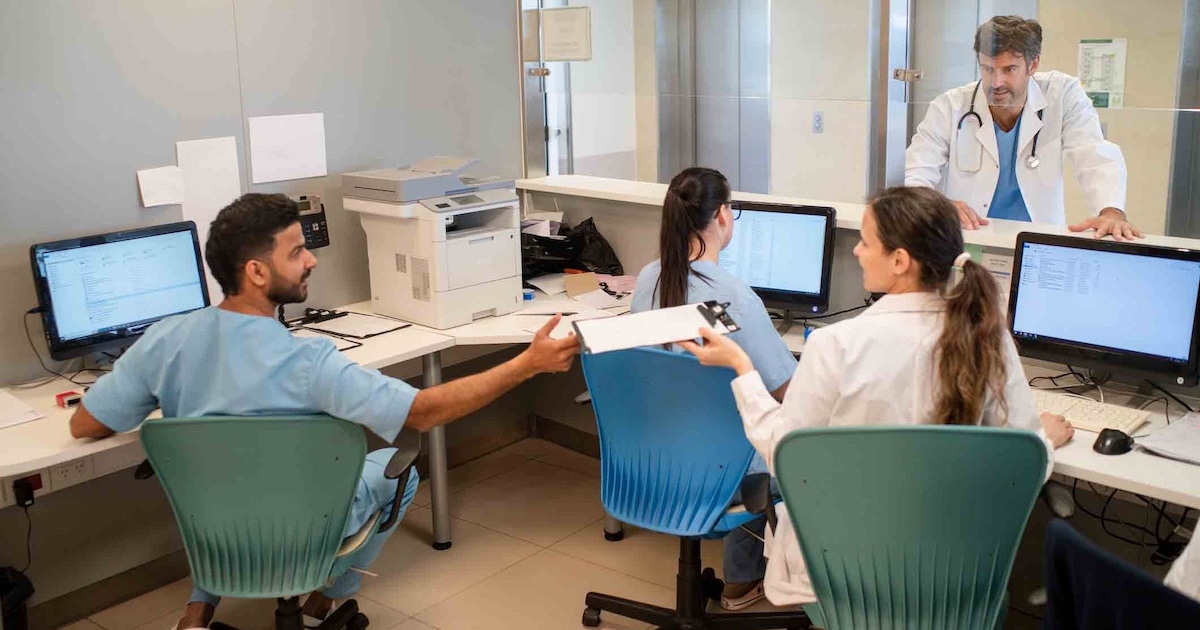The U.S. Food & Drug Administration’s proposed regulation of mobile health isn’t making everyone happy. The approach will hinder innovation, says Scott Gottlieb, MD, an American Enterprise Institute analyst and former FDA deputy commissioner, in a recent Wall Street Journal article.
But if Apple’s optimistic plans for the Health Kit mobile suite are any indication, the FDA is doing well so far in its risk- and discretion-based regulatory framework, subjecting mobile apps to the same standard as medical devices.
True, from a regulatory or product development standpoint, it may not be as easy for a tech startup to launch a mobile healthcare app as it is to build an app for finding the nearest food truck. But the FDA’s guidance on what it will and won't examine through device classification and premarket clearance processes looks like it will accommodate Apple’s much-hyped healthcare product, along with many more basic and advanced diagnostic, monitoring and engagement tools to come.
[See also: Why mobile security is still far from maturity.]
Since releasing the final framework last fall and meeting with Apple executives this past winter, the FDA has been occasionally updating its guidance and adding new examples of app functionality that won’t have to go through premarket approval (which can be a lengthy and protracted process).
Among the examples added to the list this year are apps that show drug-drug interactions and safety information, and one that should be relevant to Apple’s HealthKit: “Mobile apps that allows a user to collect, log, track and trend data such as blood glucose, blood pressure, heart rate, weight or other data from a device to eventually share with a healthcare provider, or upload it to an online (cloud) database, personal or electronic health record.”
That’s good news for Apple and its venture with IBM to bring the best of consumer, mobile and enterprise technology to clinicians and health systems — one end goal being a Siri-ready Watson for physicians evaluating complex treatment decisions based on extensive datasets across multiple sources.
Already in the works, and not slowed down by FDA regulation, is a mobile ultrasound app being tested by the Cleveland Clinic that allows patients, such as expectant mothers, take ultrasounds and send the images to clinicians for evaluation.
The FDA is trying to give the mHealth community more clarity on what will likely not require premarket device submissions, proposing discretionary oversight for consumer-and clinician-facing apps and app devices, covering areas like body thermometers, stethoscopes, audible first aid kits, hearing aids and fertility diagnostics.
Bradley Merrill Thompson, who provides legal counsel for the mHealth Regulatory Coalition, recently told mHealth News the proposal is "a huge boost to the mHealth industry.”
FDA leaders have said they believe mobile health apps have “great potential,” and that they want to “encourage innovation by providing clarity and predictability,” applying the most scrutiny only to apps with the most potential for adverse and unintended outcomes. Meanwhile, Apple is stirring considerable expectations for its newest products, whatever they are: “9.9.2014: We wish we could say more,” the company teased recently, announcing its next event.
Perhaps almost as excited as Apple fans are mobile health proponents, wondering about the potential for Apple’s Health Kit and the innovations it may inspire — and how to make the FDA’s role work in years to come as technology advances.
This article originally appeared on mHealth News sister site Government Health IT.
Related articles:
Want to secure your EHR from hackers? Protect those mobile devices
Tech titans' battle turns to mHealth
mHealth masters Q&A: AirStrip CEO Alan Portela


